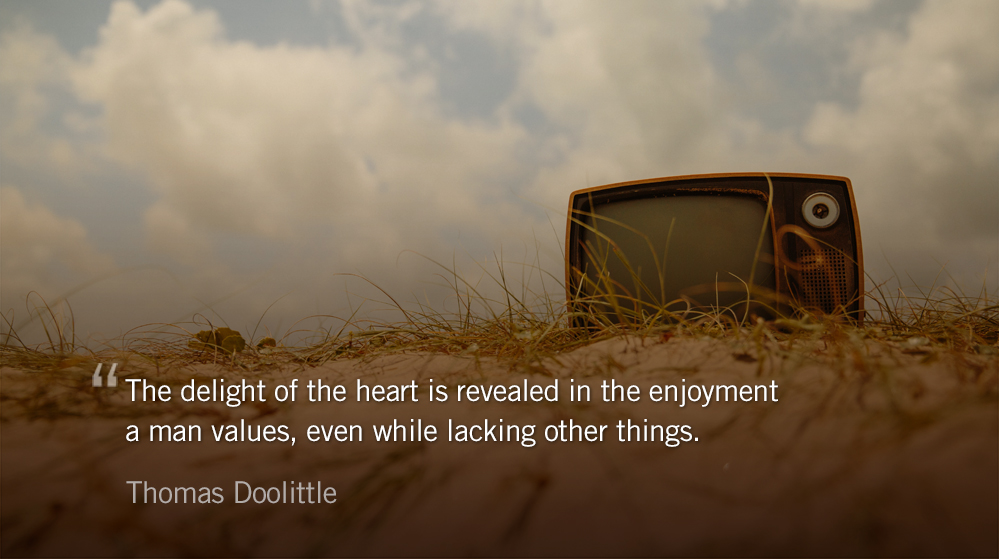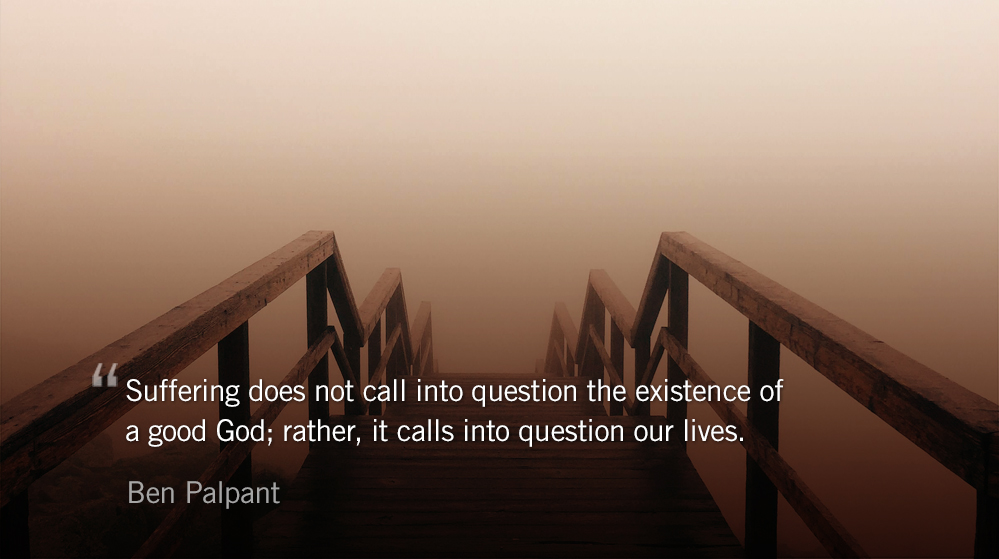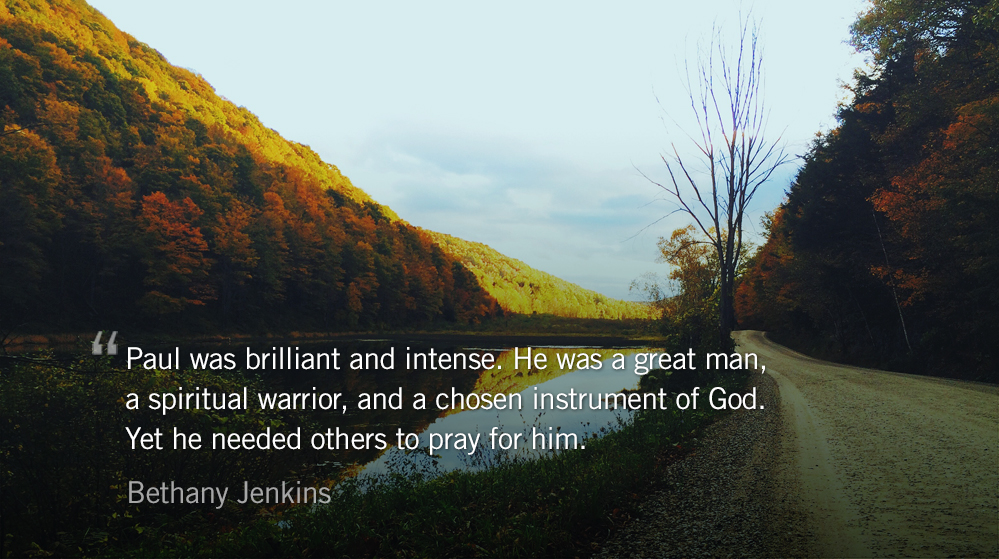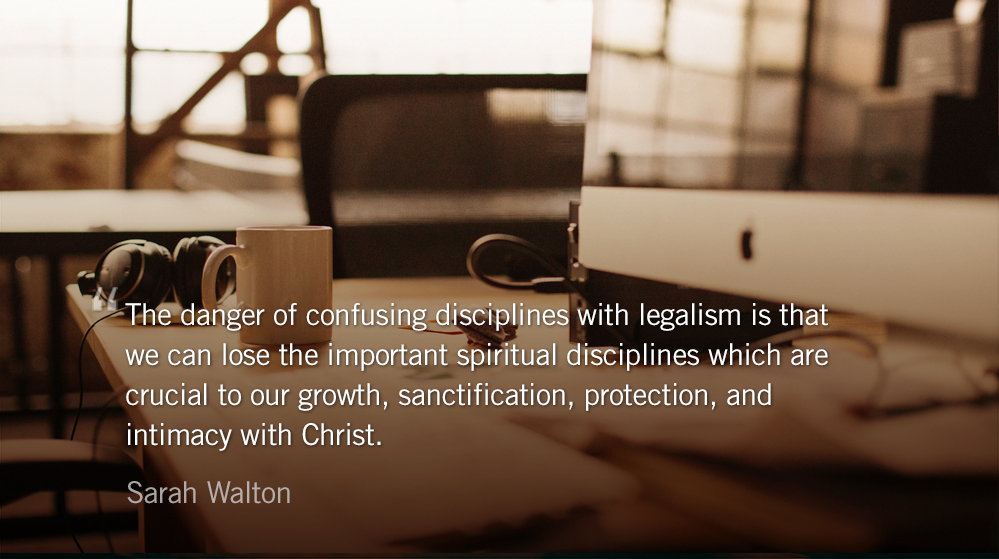By Thomas Doolittle (1632-1707)
Besides, belief (how do we know we “are in the faith”)? We know by what we value, by what our will chooses, and by our affection loving Christ above all.
What We Value
A woman whose house is on fire loses all her pewter to the flames so that she may save her child. Is it not apparent which she values most? Likewise, you will keep Christ, if you prize him most.
What We Choose
Christ is an honor to the believer, and Christ is most prized and valued by the believer. Can a man not know what he prizes most?
What he values and esteems most?
What his mind dictates to him to be chosen above all?
Whether his will chooses according to the dictates of the mind?
The affections, love, and desire enjoy what the will choices; grief fills the heart when he cannot obtain it. There is as much power of God required, and strength of grace, to make a man part with his beloved sin as all the rest.
Loving Christ Above All
- By your unfeigned desires to be like unto him. — We love to imitate those whom we dearly love. Love produces assimilation: if he is holy, so we will be; if he hates sin, so will we.
- By your passionate desire to be united to him, to have him with you. — You go from your prayer closet to the congregation — if you find him there, from the word to the sacrament, you rejoice.
- By your great care to please him, fear to offend him, and resigning yourself to him. — When it grieves your heart to grieve the Lord, and it breaks thy heart when your break his commands.
- By the love that we bear in his image — in whoever we love by denying ourselves of honor and profit, if necessary, God should call us to do them good.
The delight of the heart is revealed in the enjoyment a man values, even while lacking other things. You can delight in Christ, in poverty, affliction, in the midst of troubles in the world.
*Abridged and language updated from Rev. Doolittle’s Cambridge talk, If We Must Aim At Assurance, What Should They Do, That Are Not Able To Discern Their Own Spiritual Condition?
Today’s Reading
2 Samuel 20 (Listen – 4:51)
2 Corinthians 13 (Listen – 2:19)











